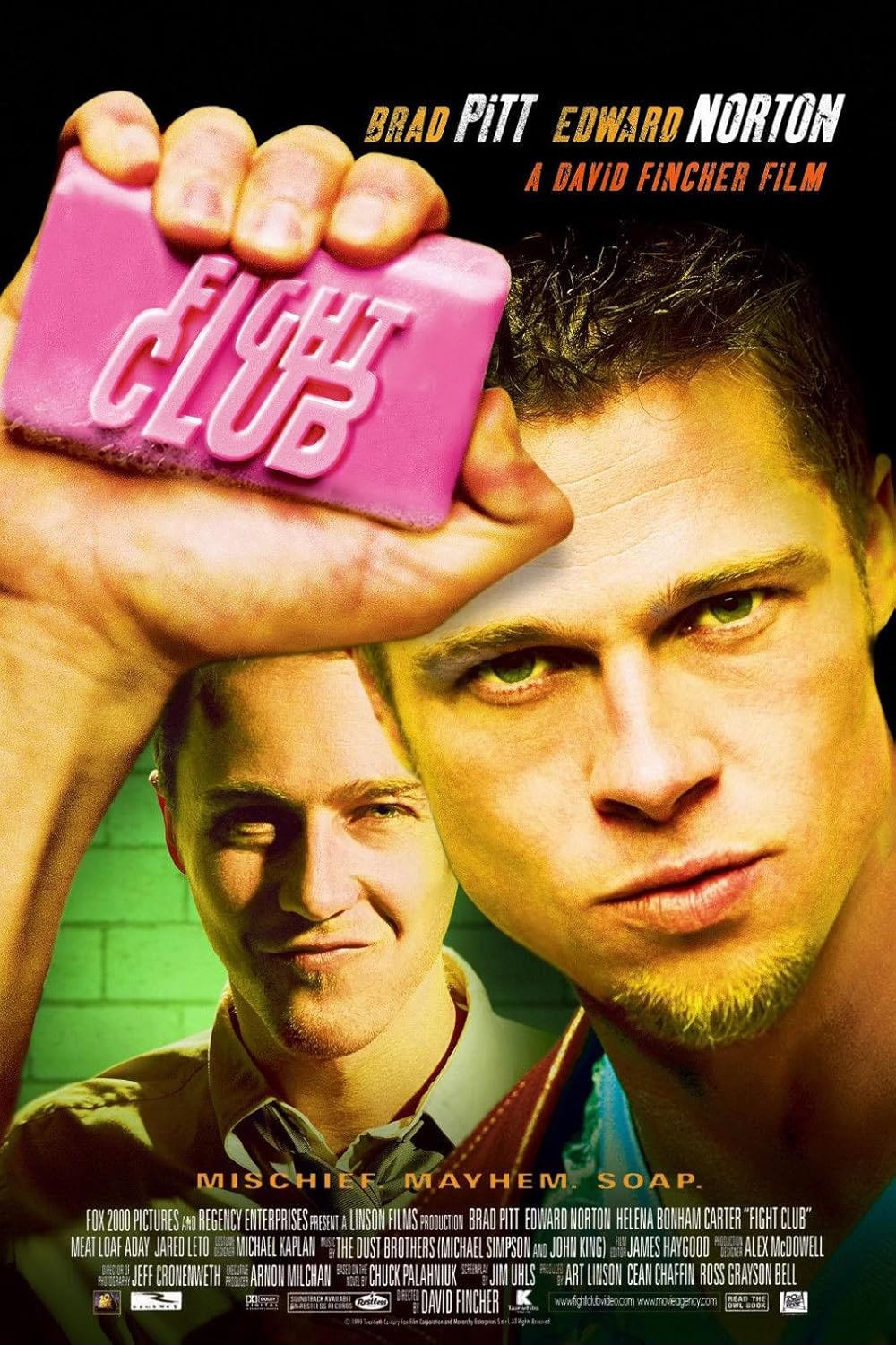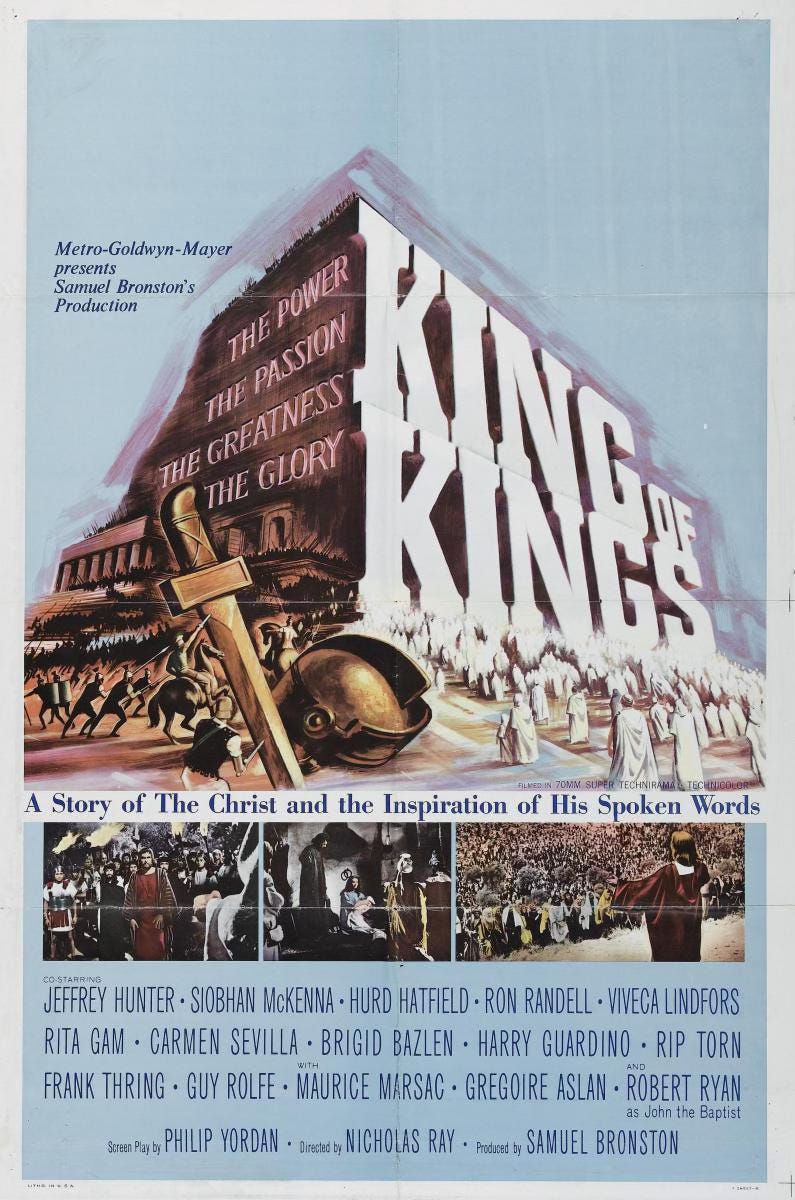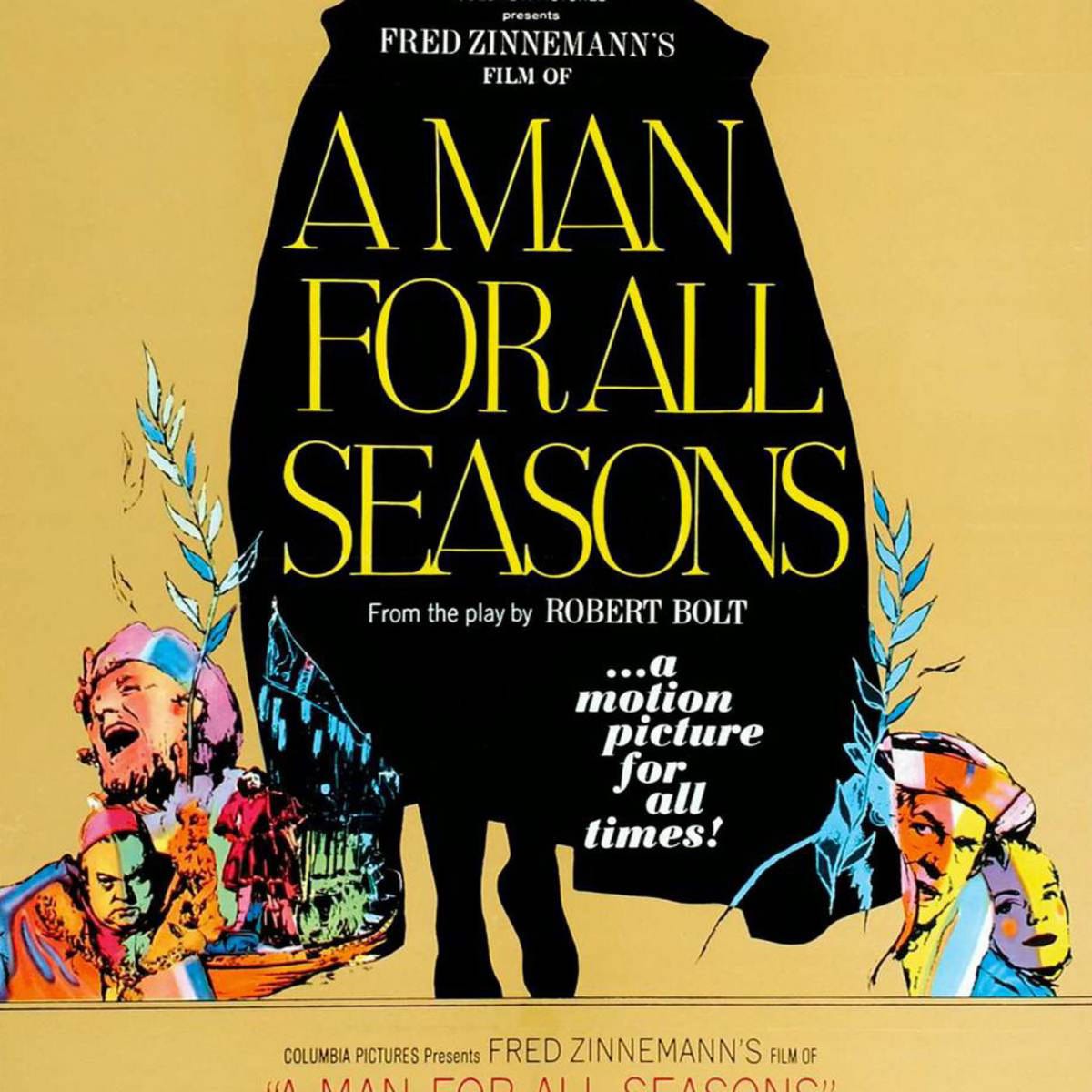Fight Club
In Easter praise of faithful dissidents
I wasn’t brought up in the faith. My maternal grandfather was a Methodist lay-preacher, but when my mother left County Durham for marriage in south-west Scotland, she left the religion of her childhood behind. My Scottish father’s experience of church gave him an odd penchant for the electric organ, but that was about it. So, when, at the age of twelve I screwed up my courage and came out as a Christian, dad put his hand on my shoulder—for the only time—and said, “It’s okay, son; it’s just a phase”.
Now, as my Christian phase approaches its seventh decade, I find myself looking back and wondering what had happened to me. What caused me to risk that first venture of exposed dissidence?
There were mediating institutions and people, of course. The Christian headmaster and -mistress of my Ayrshire prep school. The summer Crusader Camps on the fabulous Dorset coast. And, decisively, an evangelical boarding school on the south side of Bath. Those were all important, but they were secondary. The flame had flickered into life earlier, and spontaneously.
In 1961, when I was six years old, my father took me to the local fleapit to see The King of Kings, the Hollywood film about Jesus narrated by Orson Welles. Evidently, I was deeply moved by it. So much so that my reaction comprises a rare memory of my childhood. After returning home, I lay on my bed weeping. I even prayed God to take the burden off Jesus and put it on me—which was, I grant you, precociously messianic for someone who hadn’t even reached idealistic adolescence. But I don’t think anyone, ever, had taught me to pray.
Looking back, I’ve observed that that experience was the seminal first in a series. Repeatedly, I’ve been drawn to stories—not least in film-form—of isolated dissidents, who suffer for stubbornly speaking unpopular truths and whose shining integrity fascinates.
Next in line was the famous story of Sir Thomas More, Henry VIII’s Chancellor, who, rather than sell his soul to his tyrannous master, suffered death by beheading in 1535. I first met More through a classroom reading of Robert Bolt’s play, A Man for all Seasons, which I have since revisited many times in the 1966 film starring Paul Scofield.
I encountered the third story in a 1991 volume of wartime letters. The author was Helmuth James von Moltke, great-grand-nephew of Bismarck's greatest general, who was embarked on a high-flying legal career in Germany when Hitler came to power. Deeply opposed to Nazism and increasingly Christian, Moltke organised clandestine meetings of the ‘Kreisau Circle’ at his family estate during the war, to plan for the radical reconstruction of Germany after her defeat. In January 1944, Moltke was arrested for warning a friend that the Gestapo were watching him. A year later he was tried, falsely implicated in the von Stauffenberg plot to assassinate Hitler, condemned to death, and hanged in early 1945.
The fourth tale of martyrdom that has impressed itself on me also occurred in the Second World War. It features Franz Jägerstätter, the peasant from the Austrian Alps whose Catholic faith forbad him to swear an oath of loyalty to Hitler, leading him to the guillotine in August 1943. His example captured me through Terrence Malick’s exquisitely harrowing 2019 film, A Hidden Life.
In recent years I’ve had cause to ponder what empowers some individuals to risk public dissent, and what disables others. The answer lies, I think, in the location of one’s sense of worth. For all of us, our self-worth lies somewhat in the eyes of other people—in our social status. Rare is the person who cares not at all what others think of them. Yet, what distinguishes the dissident is that, ultimately, his sense of self-worth is anchored elsewhere.
This is nicely illustrated in A Man for All Seasons. At the play’s beginning, we meet Richard Rich as a graduate fresh from Cambridge, looking for a job. But not just any job. Rich wants to get his foot onto a ladder that will lead him to public prestige. He hovers around More, pestering him for patronage. Eventually More relents and offers him a position … as a teacher. Rich is crestfallen. More entreats him: “Why not be a teacher? You'd be a fine teacher. Perhaps, a great one”. Sulkily, Rich retorts: “And if I was, who would know it?” More answers: “You, your pupils, your friends, … God. Not a bad public, that”. What distinguished More was that, for him, God was the ultimate public, as he declared on the scaffold, “I die the king’s good servant, but God’s first”.
The same point emerges in A Hidden Life. Those around Jägerstätter are relentless in urging him to yield: “Do you really think you’ll change the course of history? Won’t the world carry on just as before? Do you think anyone will notice your protest? Will anyone remember it?”. The answer lies in the film’s title, which alludes to the closing words of George Eliot’s Middlemarch: “for the growing good of the world is partly dependent on unhistoric acts; and that things are not so ill with you and me as they might have been, is half owing to the number who lived faithfully a hidden life, and rest in unvisited tombs”. Unlike Rich, Jägerstätter was content with a hidden life of integrity and courage, because the eye whose approval he coveted most was God’s.
But there’s more. In all these cases, faith in God’s love is at work, and therefore the hope that, even if faithful dissent costs life itself, it will not cost everything. At the end of Malick’s film, we are made to follow Jägerstätter into the room of execution. The camera turns and fixes our eyes upon the guillotine.
Black darkness plummets.
But then the camera opens up and beholds a massive Alpine waterfall. Towering above us. Superhuman in its sublime power, thundering and unstoppable. The reviving torrent of the water of eternal life.
Good Friday has become Easter.





